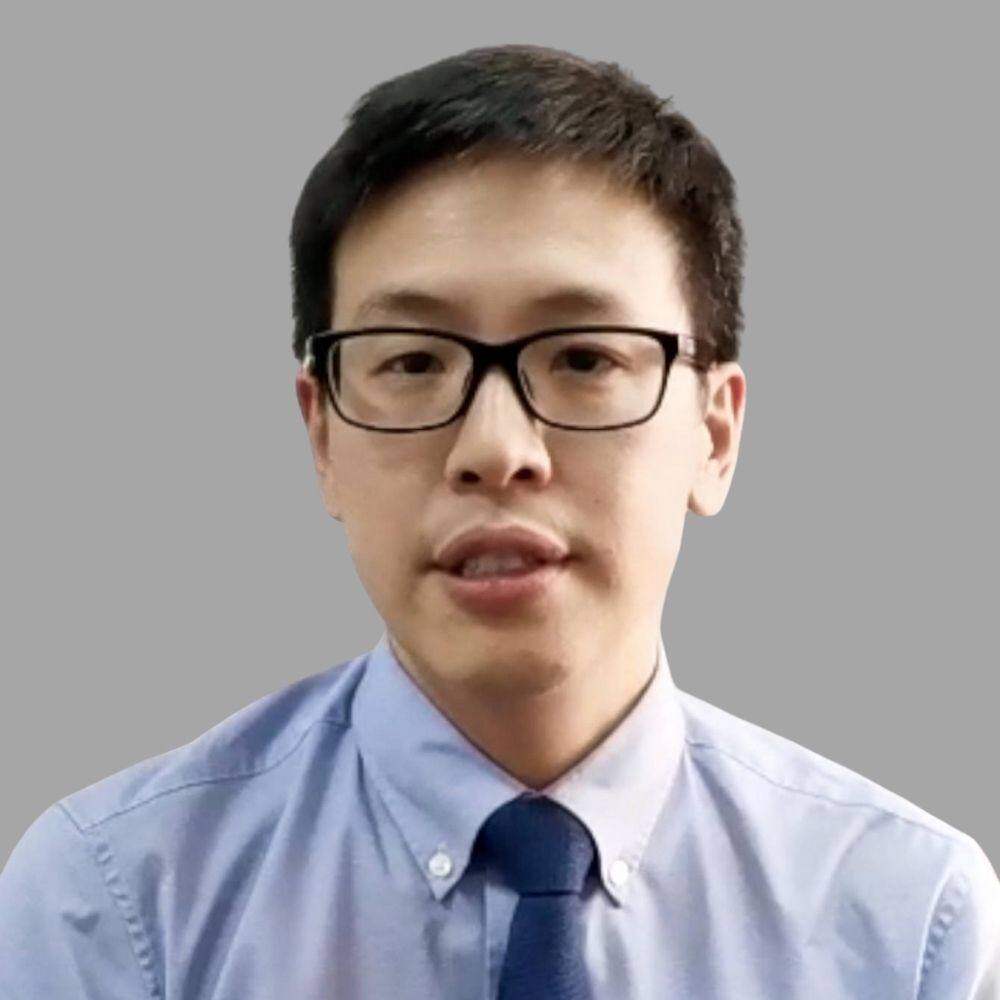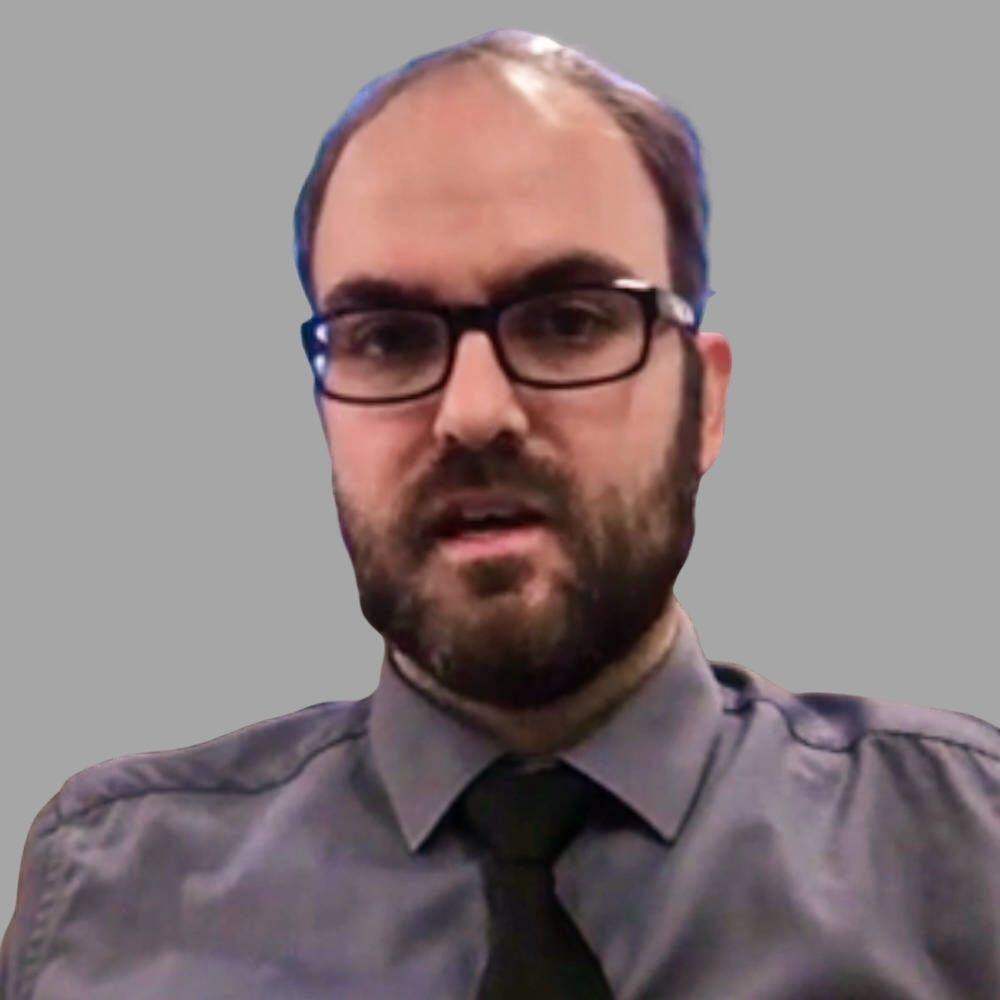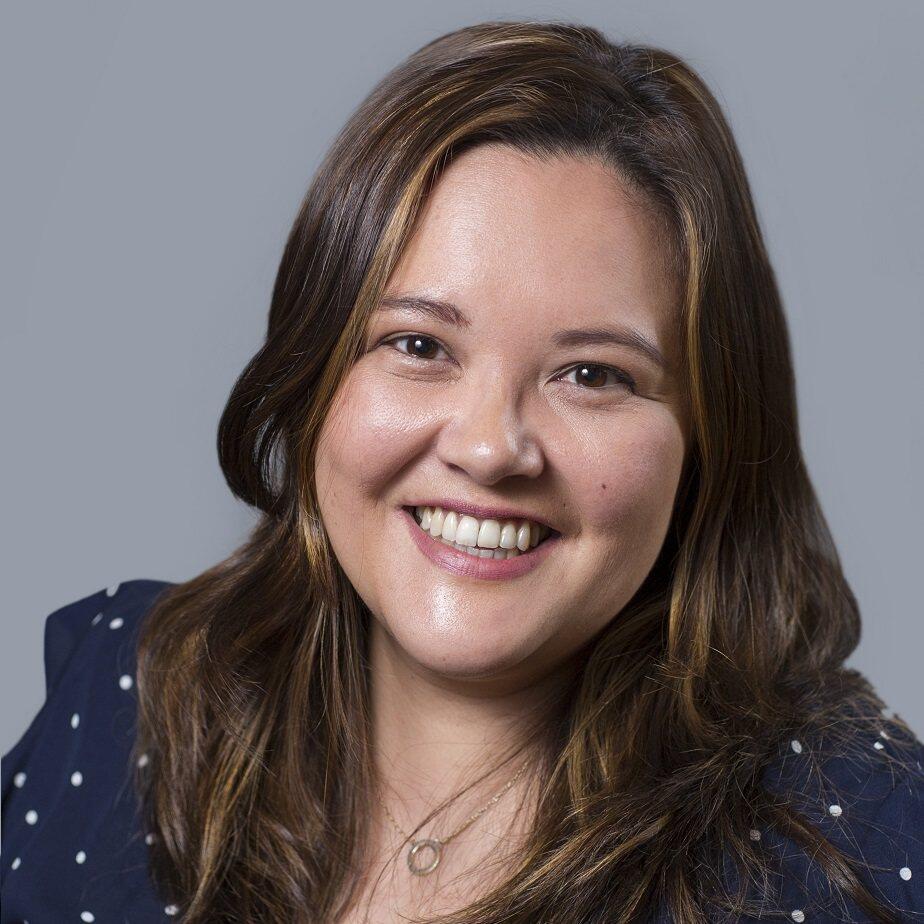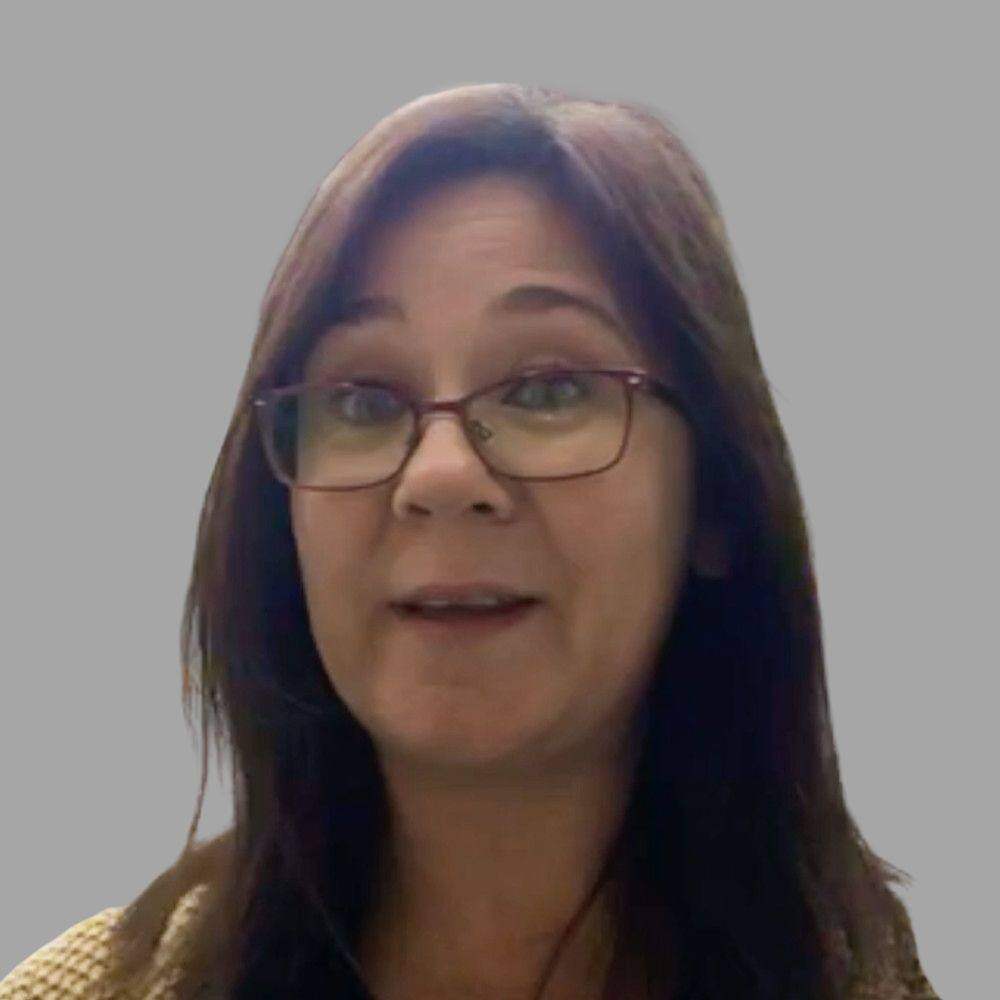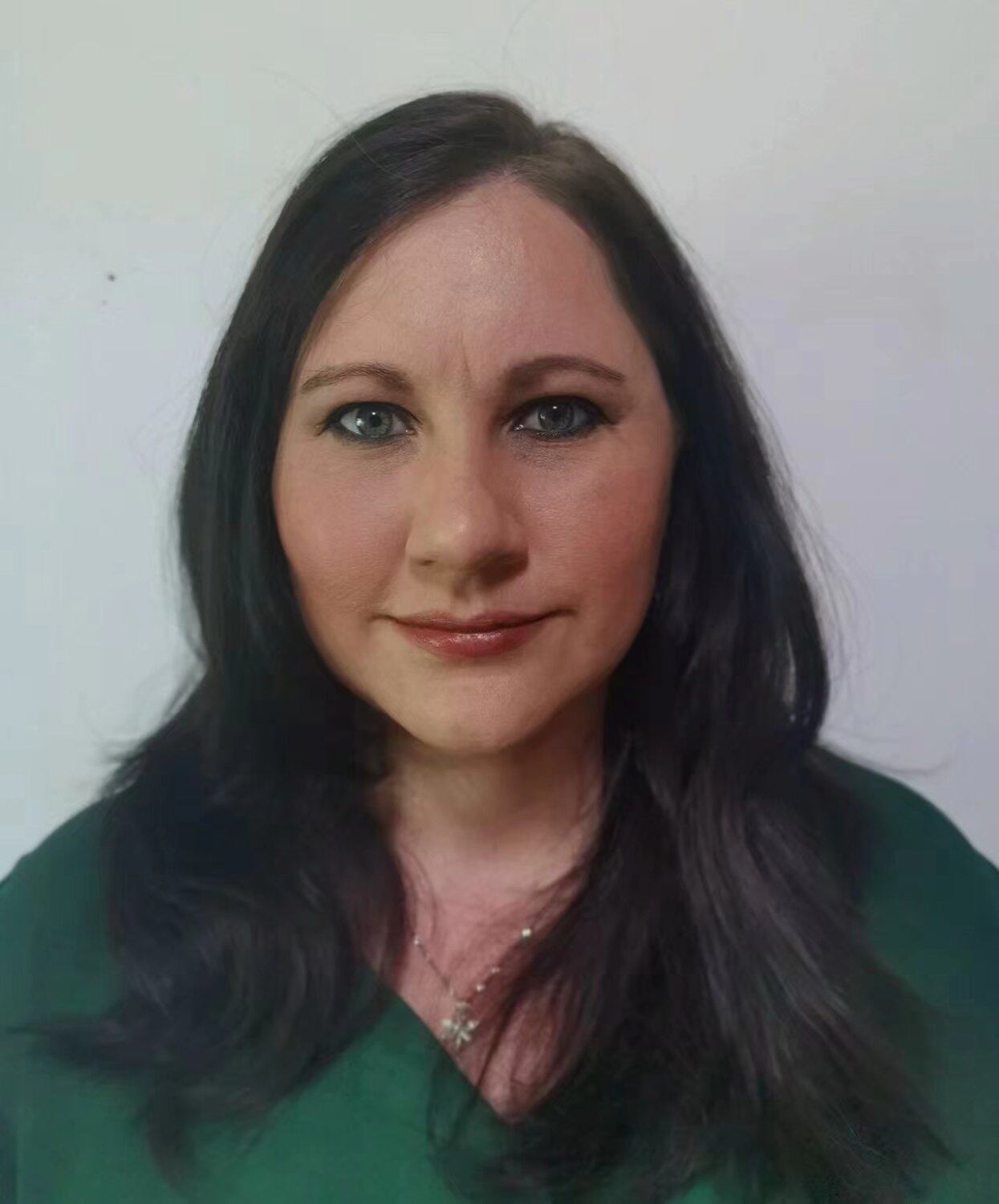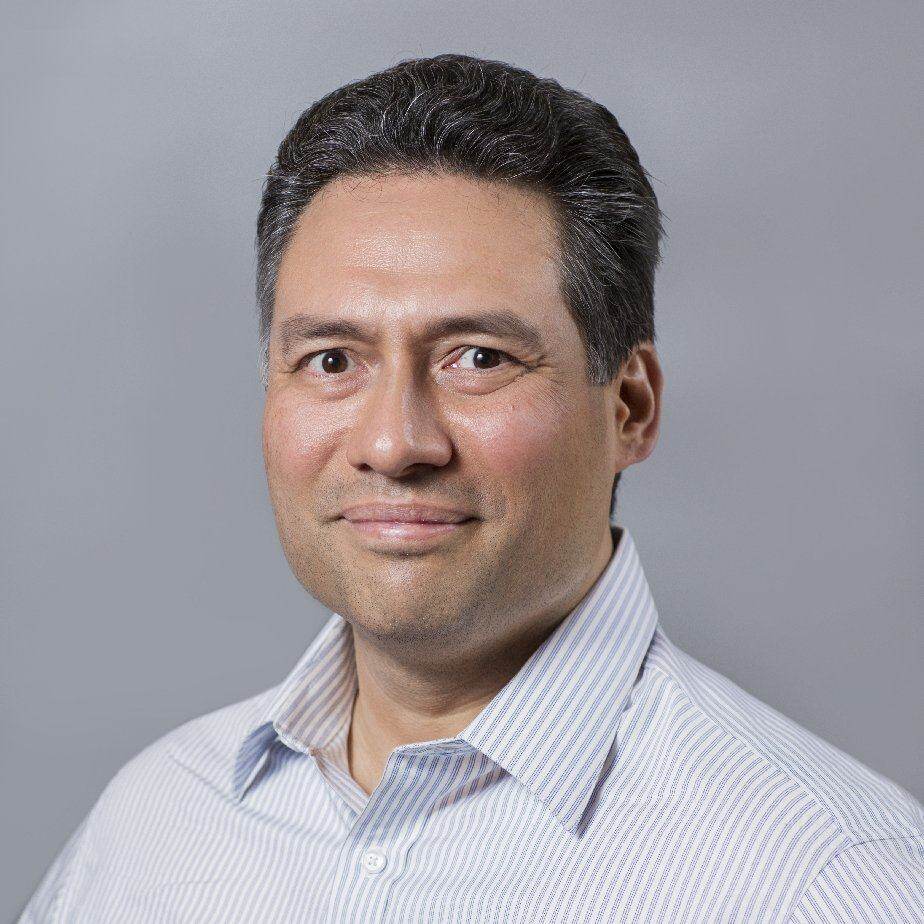
Leo McArdle
You came to teaching from a background in business, how has this helped your career with Dipont?
I had a business in the U.S., where I’m from, which I closed during the financial crisis in 2008. Then I came to China to work as a university professor for a few years. During that time I gained my teaching qualifications. From there I was able to join Dipont as an economics teacher. I became a center principal about a year later. Now I work in headquarters as Deputy Director of education with responsibility for schools right across China.
Dipont really embraced my business background. It’s an ambitious and forward-moving company and they appreciate people who bring a wide range of skills to the table. I’ve experienced first-hand the growth and development of Dipont’s high school programmes. In my contributions to this growth my business and academic background has been a great benefit.
From your business point of view, what has contributed to Dipont’s success?
Dipont has been very successful, where other education companies in China have failed, because they have created a very robust structure, with delineated, clear responsibilities between the partner schools and the international centers. They also follow all their contracts and keep things very honest for expat staff, who are treated very well. This is often not the case in China and these have been among the biggest problems at all the other schools I’ve taught at previously.
Dipont’s structure shields teachers from less than ideal practices and allows them to focus on their work and thrive during their time in China. I have had many teachers leave for other companies, for various reasons, only to return to Dipont fairly quickly once they realize that there were a lot of false promises that were offered to them. Dipont is a real leader in terms of these teacher protections and another reason why it is leading the education field here.
What do you see as Dipont’s competitive edge in the education market in China?
We are seeing the rigor of the curriculum we deliver increasing all the time. An example has been the introduction of Capstone (AP) and EPQ (A-level) to ensure that these curriculums remain competitive with IB. I’m also involved in Dual Diploma Programs (DDP) where a school from abroad introduces elements of their curriculum and assessment criteria into our schools. This increases the challenge, but also increases the payoff greatly for our students. They get a diploma from a school abroad including the school from China, which enhances their competitiveness for university application.
I have always found that Dipont truly thrives in this environment of continual change. We have members of our organization that specialize in all aspects of the many curriculums we offer. This is how we are able to ensure our schools are offering the maximum benefit to our students. In education, where things already move much slower than other industries, a fast and adaptable company like Dipont is always near or at the forefront of China’s education market. It’s an exciting place to be.

